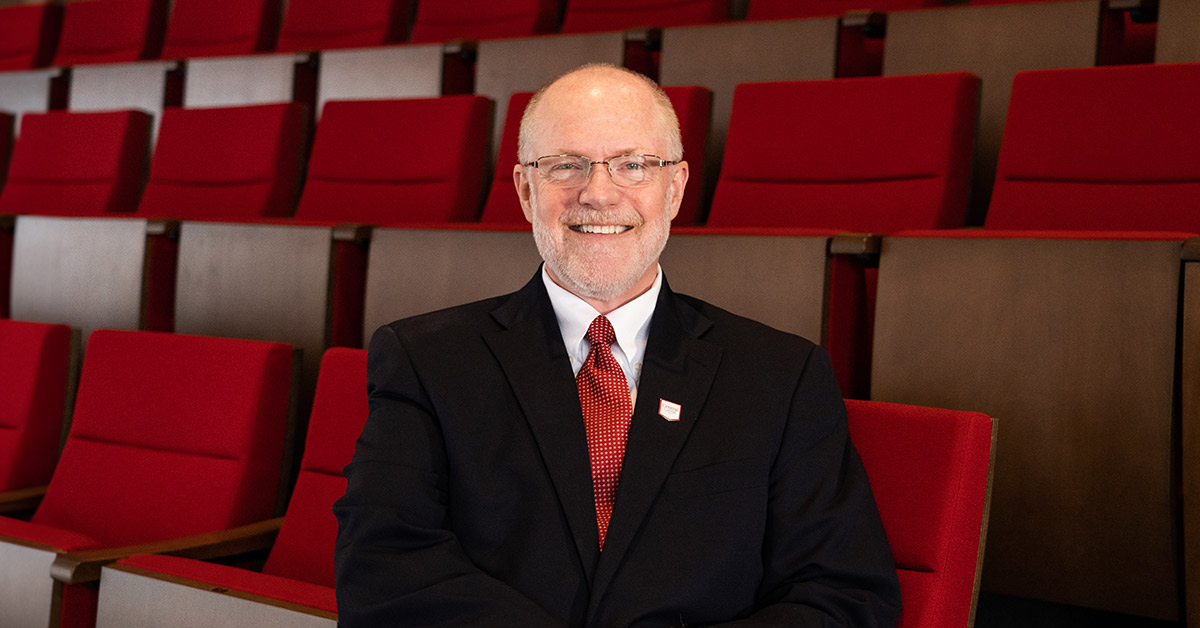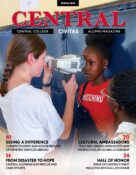
In the wake of World War II, the United States faced fundamental challenges in promoting American democracy and preserving its future. The interventions applied were broad based as our nation pursued the development of international policy initiatives, legal frameworks and institutional structures purposed to advance international understanding and cooperation. The lessons of a global war were hard learned, and our leaders were determined to not revisit the experience.
Higher education featured prominently in this effort in the late 1940s. President Harry S. Truman appointed the President’s Commission on Higher Education, the first of its kind. The members of the commission presented their findings and recommendations in 1947 through a six-volume report titled, “Higher Education for American Democracy.” The comprehensive scope of the commission’s interest served as a blueprint for the expansion of the national higher education enterprise through the 1960s and 1970s. The report also paid special attention to the important role higher learning should play in fostering an international mindset. The commissioners offered the following rationale:
American institutions of higher education have an enlarged responsibility for the diffusion of ideas in the world that is emerging. They will have to help our own citizens as well as other peoples to move from the provincial and insular mind to the international mind.
This will involve providing expanded opportunity in colleges and universities for the study of all aspects of international affairs; the nature and development of other civilizations and cultures; nationalism in its relation to internationalism; the tensions leading to war as well as war itself; the ways in which war has been used as an instrument of national policy and the attitudes which nations have had in each war with respect to the justice of that war as they saw it — in other words, an analytical study of war and its causes as these have developed in the past.
Development of the international mind will also involve study of the effect of technology on the present world situation and analysis of the structure and operation of the various new world organizations designed to further international security and the peaceful solution of common problems.
This text could have been written today, though it is now 75 years old. The curse of every generation is the loss of memory, making us prone to repeat the mistakes of the past.
Engaged citizenship necessarily involves an encounter with the other. Human differences and diversity cross national borders through trade, migration and technology. Whatever curbs applied to contain the impact of these three forces, humans have migrated and traded around this globe for millennia, and the advance of technology is an accelerant.
Our students need the knowledge, skill and experience to enable their effective participation in this increasingly complex and interdependent global framework. Preserving American democracy involves international understanding and cooperation. As educators, we have a responsibility to prepare our students for a democratic citizenship that reaches beyond our immediate needs and interests to embrace a wider perspective of international partnership. The future depends on it.












To encourage serious, intellectual discourse on Civitas, please include your first and last name when commenting. Anonymous comments will be removed.